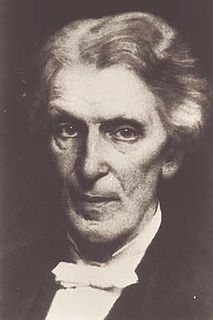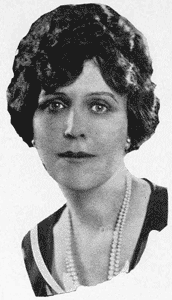A Quote by Alexander Pope
Some place the bliss in action, some in ease,
Those call it pleasure, and contentment these.
Related Quotes
Different people call on [God] by different names: some as Allah, some as God, and others as Krishna, Siva, and Brahman. It is like the water in a lake. Some drink it at one place and call it 'jal', others at another place and call it 'pani', and still others at a third place and call it 'water'. The Hindus call it 'jal', the Christians 'water', and the Moslems 'pani'. But it is one and the same thing.
But that is the way of the place: down our many twisting corridors, one encounters story after story, some heroic, some villainous, some true, some false, some funny, some tragic, and all of them combining to form the mystical, undefinable entity we call the school. Not exactly the building, not exactly the faculty or the students or the alumni - more than all those things but also less, a paradox, an order, a mystery, a monster, an utter joy.
Both good and evil, when they are full grown, become retrospective...That is what mortals misunderstand. They say of some temporary suffering, 'No future bliss can make up for it,' not knowing that Heaven, once attained, will work backwards and turn even that agony into a glory. And of some sinful pleasure they say 'Let me but have this and I'll take the consequences': little dreaming how damnation will spread back and back into their past and contaminate the pleasure of the sin.
It's so silly isn't it? how we grown men take up trout angling not simply to pursue trout but to find some place, some special place, where we feel at ease. a place to belong. Forces, not forms, persist: energy is spent and endures; time does not tick, it flows. God loves a man that smells of trout water and mountain meadows. Which way's heaven, you suppose? Follow the trail and keep close to the stream.
To those who have lived long together, everything heard and everything seen recalls some pleasure communicated, some benefit conferred, some petty quarrel or some slight endearment. Esteem of great powers, or amiable qualities newly discovered may embroider a day or a week, but a friendship of twenty years is interwoven with the texture of life.
[Action's] a Western thing. We think of the hero going into battle, rebelling against a government or an oppressor, but [in KUNDUN] action is nonaction or what appears to be nonaction. That's a hard concept for Western audiences. . . . We wanted to show a kind of moral action, a spiritual action, an emotional action. Some people will pick up on it; some won't.







































